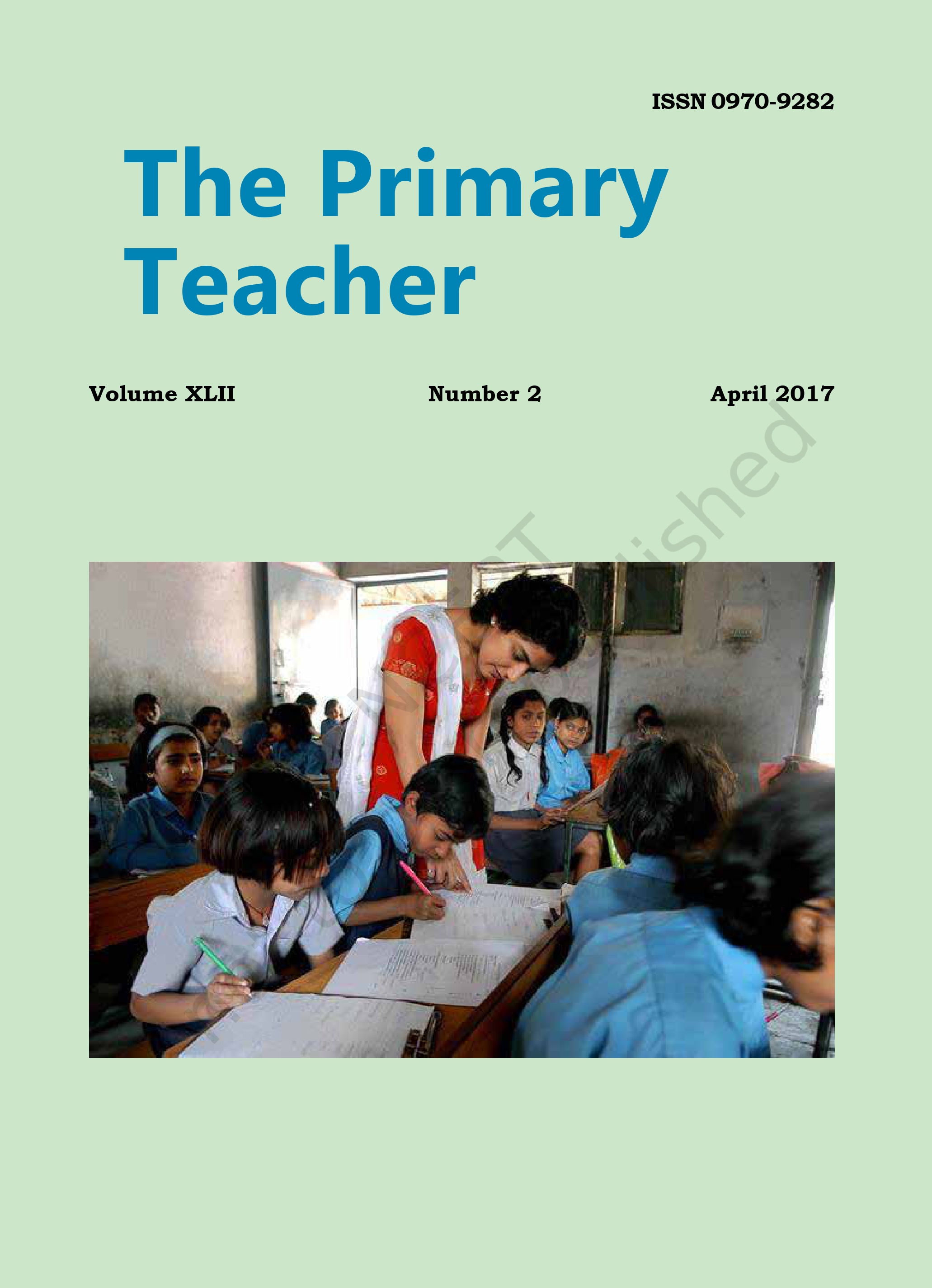Published 2017-04-30
Keywords
- human right,
- Education,
- economic growth
How to Cite
Abstract
Inclusion is the process of addressing and responding to diverse needs of all learners by encouraging and increasing their participation in the learning process. This entails reaching out to the learners and removing all barriers that could limit their participation in the learning process, and hence, progress and achievement. There are several social, physical, institutional and attitudinal barriers to inclusive education. ‘Marginalisation in education’ is a disadvantage rooted in underlying social inequalities. Inclusive education aims to ensure ‘education for all’. It means that all children — no matter where they come from and the physical challenges they face — can learn together. Non-discrimination and equality are key human rights that apply to the Right to Education, a Fundamental Right enshrined in the Indian Constitution as well. This paper tries to understand inclusion from the perspective of disability.

